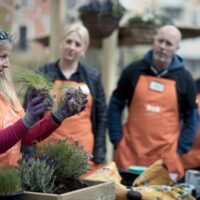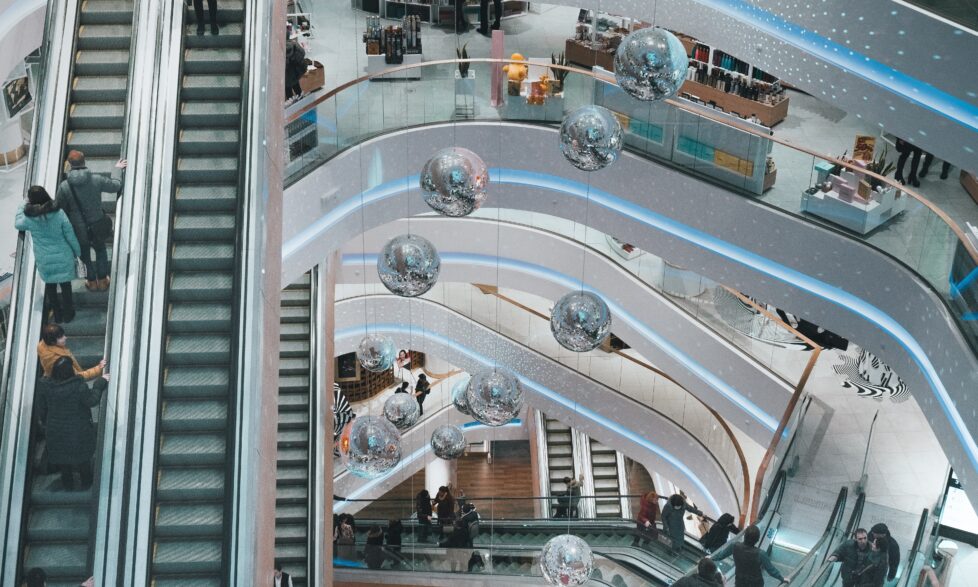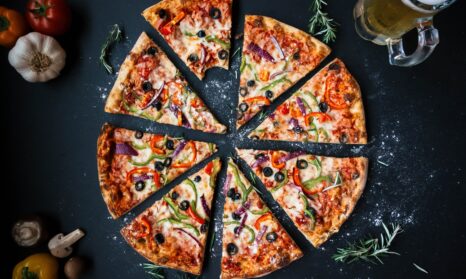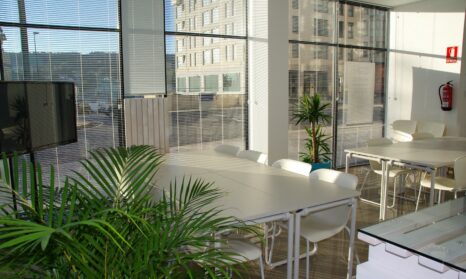Rethinking retail – reporting back from yesterday’s Edie conference
At Edie’s Responsible Retail conference yesterday there was no denying that times are still tough on the high street. It was also abundantly obvious that we are not making sufficient progress in preventing the world from tipping into a more frightening phase of climate change.
But the day was also packed with examples of forward-thinking retailers that are embracing both challenges, with exciting results.
Here’s what inspired me most:
Caroline Laurie of Kingfisher proposed we should ditch the word sustainability. A woman after my own heart, she said we need to use language that each audience understands and relates to. For example, talk to heads of finance about cutting energy costs, not cutting carbon. And definitely don’t talk to consumers about sustainability when they’re exhausted from trying to decide what bathroom taps to buy – just make all your taps water-efficient. It’s all about choice editing: designing products that make it easy for people live sustainably, so they don’t have to think about it. This is the starting point of Kingfisher’s exciting new sustainable growth plan.
Danielle Vega of Selfridges invited the audience to take a trip to 2030 – the target year for the UN Sustainable Development Goals (SDGs) to be achieved – and imagine how we’ll be living, what our needs and aspirations will be, and what opportunities this will offer retailers. She explained how the company is responding to the growth of online shopping by re-thinking how it uses its physical space – turning it into a space for people not just to shop, but to find meaning – even to slow down. This is a fascinating challenge, given the flagship store’s location on the one of the most frenetic streets in Europe.
Suzanne Westlake of Ocado talked about how thinking about every tiny detail has helped the online supermarket cut energy use by 27% since 2012. For example, everything that can be stripped out of its delivery fleet has been stripped out, from the carpet to the passenger seat – to ensure that the vans are as light as possible. She also talked about how food waste is minimised through direct partnerships with regional foodbanks, and staff uniforms are finding new lives as tote bags and aprons instead of being sent to landfill.
Jessie Macneil-Brown of the Body Shop reminded us how Body Shop continues to blaze a campaigning trail, 42 years after it was founded by Dame Anita Roddick. Not stopping at simply banning animal testing from its own products, the company is pushing for a world-wide ban, and has mobilized more than 8 million – yes, 8 million – people to support its petition. It is using the SDGs – particularly SDG12 on Responsible Consumption and Production – as a lever by demonstrating that ending cosmetic animal testing is a way to achieve SDG12.
The Elephant in the Boardroom
But what really heartened me was a conversation among panellists in the afternoon’s ‘Plastics Debate’ about what the World Resources Institute calls the Elephant in the Boardroom – unchecked consumption.
Founder of #2minutebeachclean Martin Dorey mentioned an article written by environmental journalist and campaigner George Monbiot recently reminding us that the source of the plastics problem is not necessarily the choice of one type of material over another. The question, Monbiot says, is not ‘what should we use’, but ‘how should we live’?
As ever, he puts things starkly: “The problem is not just plastic: it is mass disposability. Or, to put it another way, the problem is pursuing, on the one planet known to harbour life, a four-planet lifestyle.”
This is a huge challenge for any business. But yesterday’s examples of retailers embracing circular business models, using the SDGs to lever change, helping take the headache out of living sustainably for consumers – and thinking creatively about the very role of retail, should give us heart.







